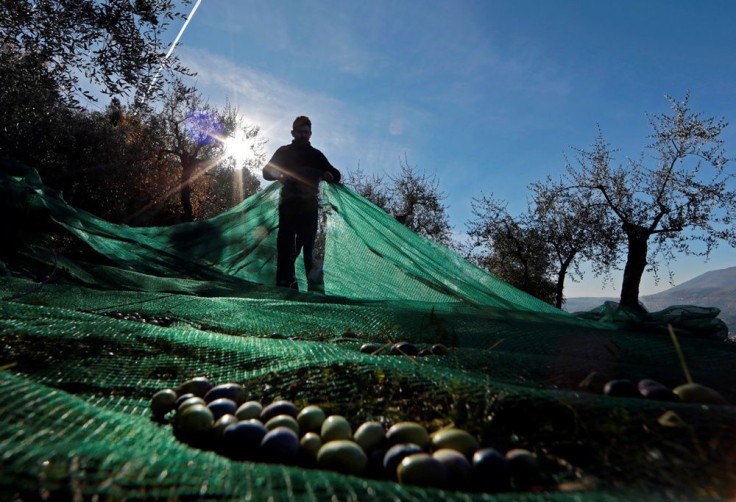Italian Olive Trees Are Dying, Europe Faces Agricultural Threat

Olive trees have been in existence in Italy for hundreds of years but most of them are now dying due to a plant pathogen outbreak. Italian officials are now dividing the Salento peninsula into quarantine areas with buffer zones, according to a report from The New York Times.
The healthy olive trees that inhabit the peninsula now stand together with the sick ones. The diseased olive trees are inflicted with a bacterial outbreak caused by the bacterium Xylella fastidiosa, which has affected Italy’s vast olive regions. Europe officials, as well as owners of olive oil manufacturing companies, fear that the outbreak will spread further.
Enzo Manni, director for cooperative Acli in Racale described the occurrence as devastating. He also said that it is “apocalyptic” and compared the problem to an earthquake.
According to The Guardian, Xylella fastidiosa is also called olive leaf scorch; it is caused by an exotic pathogen coming from the Americas and Middle East, believed to have been introduced to Europe through infected insects residing in plant exports. The bacterium prevents water circulation in trees, resulting in the discoloration then falling off of leaves.
Officials have already controlled the spread of the disease in the lower half parts of Salento, which had the most affected trees. The olive trees in Italy faced different problems in 2014 including bad weather and fruit fly infestation, but this new threat is believed to be caused by contamination from plants coming from Costa Rica.
The New York Times report, written by Jim Yardley, states that different European nations have already taken steps to contain the outbreak. The European Commission in Brussels has cancelled earlier proposals of wiping out trees in Salento and instead introduced the buffer zone.
Meanwhile, France has banned plant imports from Puglia to protect its vineyards. To date, an estimated one million olive trees in Salento are affected by the bacterial outbreak and scientists believe that the number would increase rapidy.
To report problems or leave feedback on this article, email: wendylemeric@gmail.com.





















